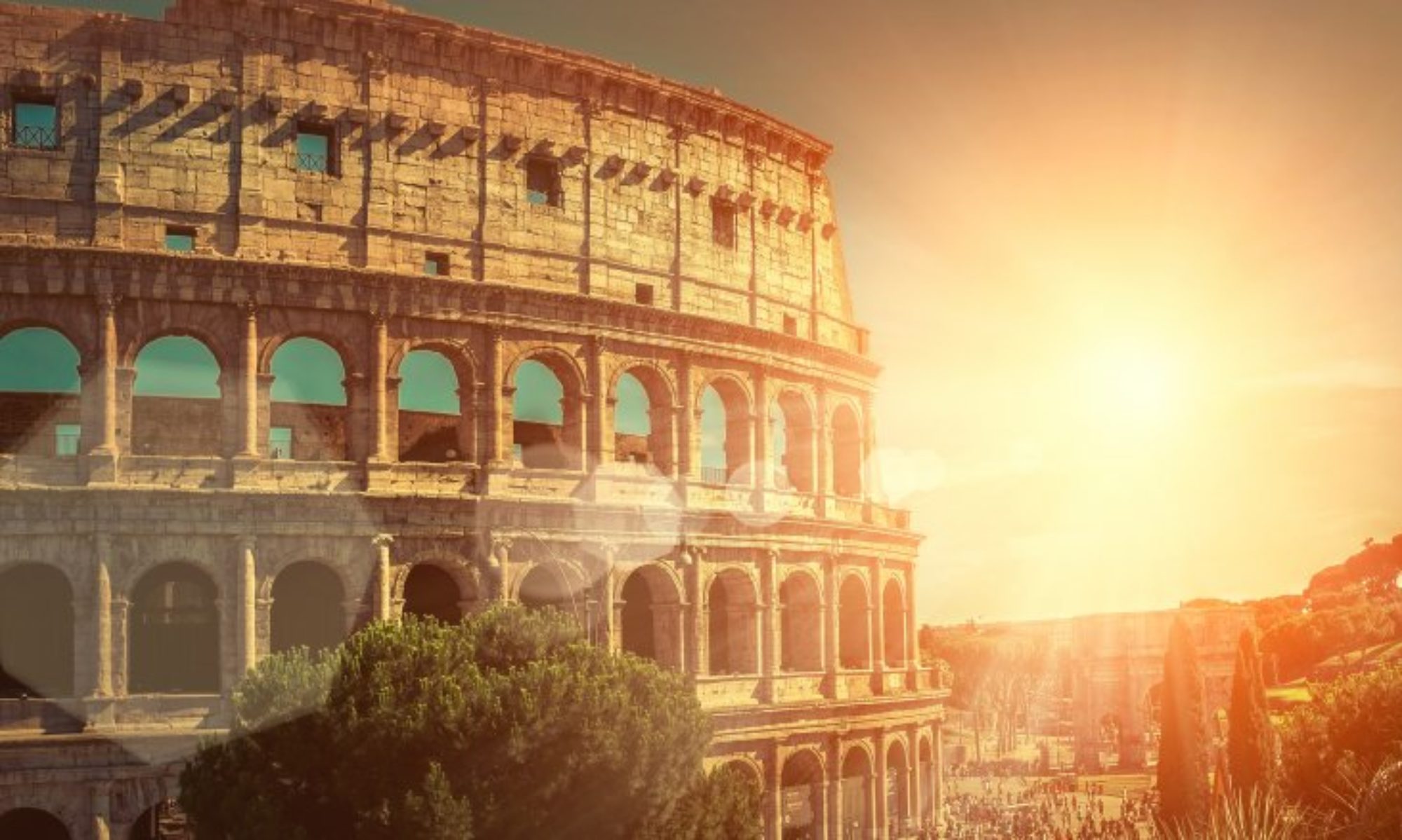Channel: Miracle Institute English Literature [ UGC-NET ]
Duration: 11:7
Description: This video is about Classical Greek. Greek is the oldest civilization as per the existing records. Poetry took birth in ancient Greece, from there it came to Rome and then England. The greek Mythology forms the base of most of Ancient Literature.
This video is about ancient Roman/ Italian Authors, who formed the Golden age of Rome during the reign of Augustus Ceasar. Ovid, Boccaccio , Dante, Petrarch Virgil
Latin literature drew heavily on the traditions of other cultures, particularly the more matured literary tradition of Greece, and the strong influence of earlier Greek authors is readily apparent. Few works remain of Early and Old Latin, although a few of the plays of Plautus and Terence have come down to us.
The “Golden Age of Roman Literature” is usually considered to cover the period from about the start of the 1st Century BCE up to the mid-1st Century CE.
The emperor Augustus took a personal interest in the literary works produced during his years of power from 27 BC to AD 14. This period is sometimes called the Augustan Age of Latin Literature. Virgil published his pastoral Eclogues, the Georgics, and the Aeneid, an epic poem describing the events that led to the creation of Rome. Virgil told how the Trojan hero Aeneas became the ancestor of the Roman people. Virgil also provided divine justification for Roman rule over the world. Although Virgil died before he could put the finishing touches on his poem, it was soon recognized as the greatest work of Latin literature.
Ovid was a witty writer who excelled in creating lively and passionate characters. The Metamorphoses was the best-known source of Roman mythology throughout the Middle Ages and the Renaissance. It inspired many poets, painters, and composers.
Published: January 5, 2017 12:36 pm
